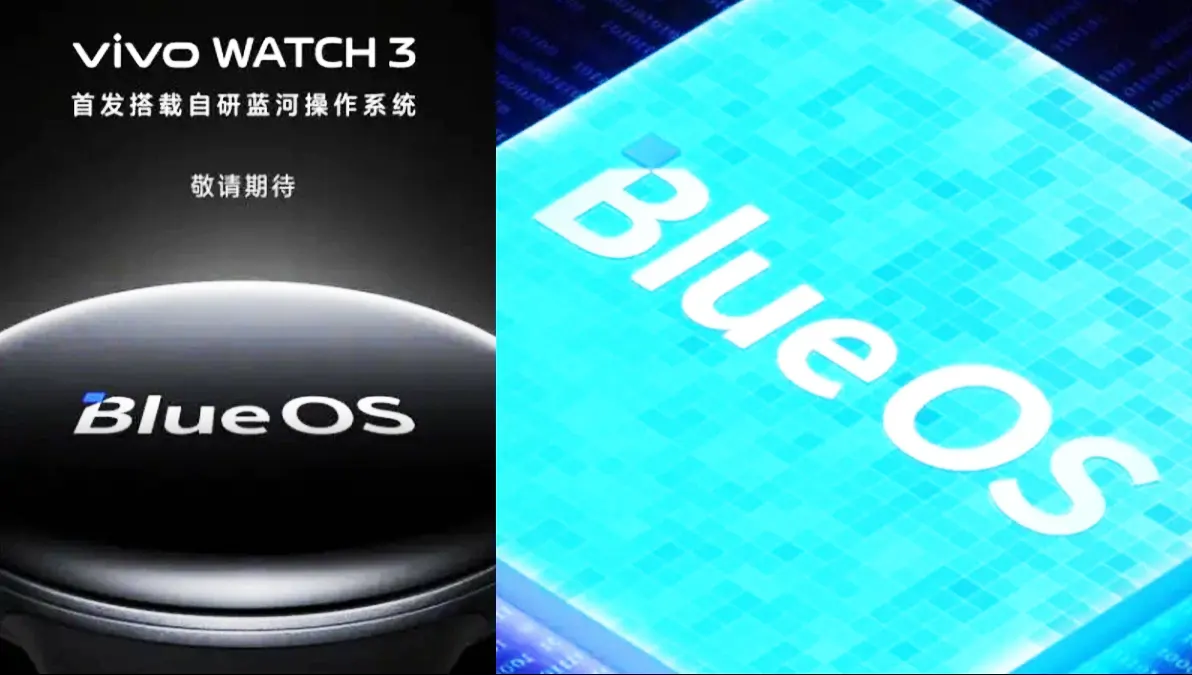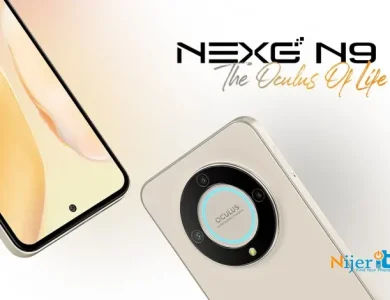Vivo is developing BlueOS operating system

Chinese smartphone maker Vivo has announced a new operating system for smart wearables and smart home devices. This new operating system called BlueOS is based on Rust programming language known for speed, security and reliability.
Vivo says BlueOS is designed with privacy, AI capabilities and efficient performance in mind. Vivo claims that BlueOS is more secure than other operating systems and is more proactive in protecting user data. Due to its efficiency, this operating system will run well even on less powerful hardware.
End-to-end encryption, data optimization, transparency and control, etc. privacy features are present in this new operating system. In addition to users having control over their own data, encryption will be strong enough to control the privacy of user data.
BlueOS comes with AI features of course. There are AI-based features like personalized recommendations, proactive assistance, context awareness, etc. This new operating system can provide recommendations and assistance by reviewing the user’s habits. BlueOS will place more emphasis on being efficient. That is, this operating system will run very well on less powerful devices like smart wearables and smart home devices. This will result in improved battery life as well as more responsive performance.
The first device powered by BlueOS will be the Vivo Watch 3 smartwatch which will be released on November 13. Vivo has not yet said anything about whether this operating system will come to other devices, such as mobiles or computers.
This new operating system of Vivo can literally shake the smart wearable and smart home market. BlueOS is built with privacy, AI capabilities and efficient performance in mind, which are most important to users.
It is still difficult to say how successful this new operating system of Vivo will be. However, it is going to be a new competitor in the established operating system market like WireOS, WatchOS. Besides, this new operating system has to compete with new operating systems like Xiaomi’s HyperOS.






